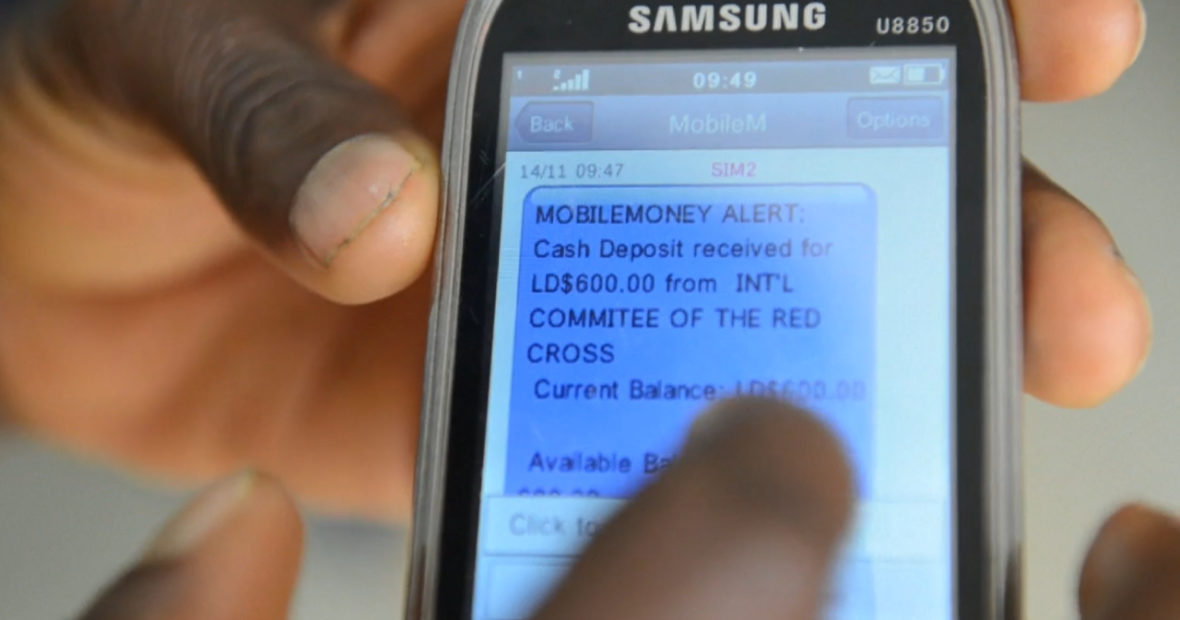
2 min
Exploring the ethical dilemmas of data in humanitarian contexts
Whether transferring cash or providing goods and services, data collection is key, says Jo Burton, ICRC Cash Transfers and Markets Specialist, and it is often most effective, quick and safe to use third-party service providers, such as banks or mobile phone companies.
“The challenge is, we then have to hand over that person’s personal data – their name, their phone number, their bank account details – to that service provider. And what are they going to do with that?” asks Burton.
There is an inherent risk that data gathered for humanitarian reasons could be used for other purposes, whether commercial exploitation or even targeting by hostile groups.
Future technologies, future risks
Over a lunchtime discussion at the ICRC, Sean McDonald, chief executive of software company FrontlineSMS and a fellow at the Stanford Center on Philanthropy and Civil Society’s Digital Civil Society Lab, cautions against blindly rushing to use new technologies without considering potential dangers in both the present and future.
“We owe ourselves and the people we serve the time and effort to understand technology before we deploy it,” he says.
McDonald says “risk-adjusting practice” should be built in to every aspect of innovation. “You don’t have to be at the forefront of every single new technology. But…being at the forefront of understanding that technology, and the way that it might operate in context is extremely important.”
As the ICRC presses ahead with discovering and implementing innovative new ways to improve our services to people affected by conflict and violence the ethical implications of collecting, using and protecting data remain front and centre.
- See also: Footprints in the ether
- More on Data and Digitalization
- Check the ICRC Handbook on Data Protection in Humanitarian Action

